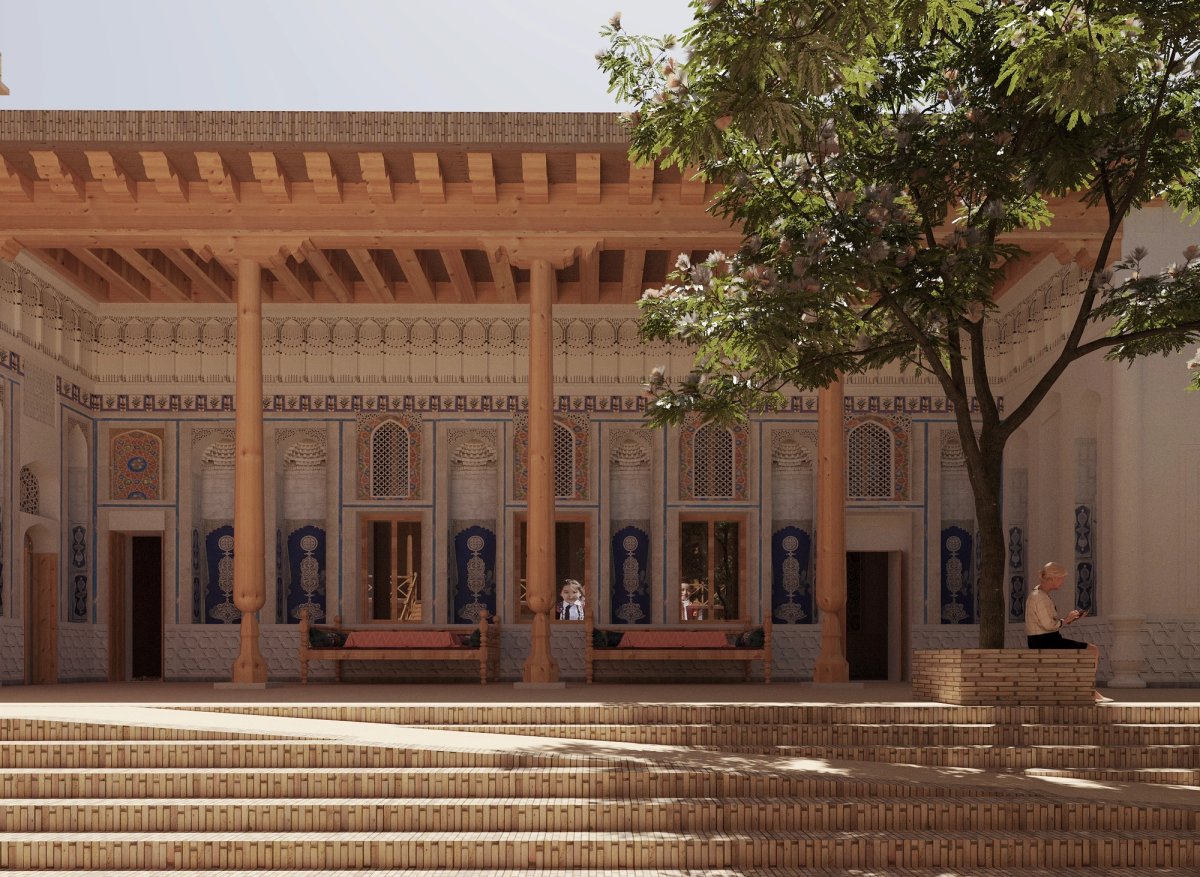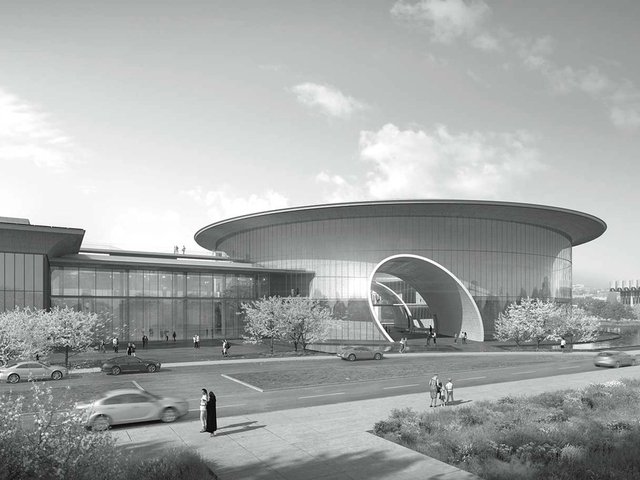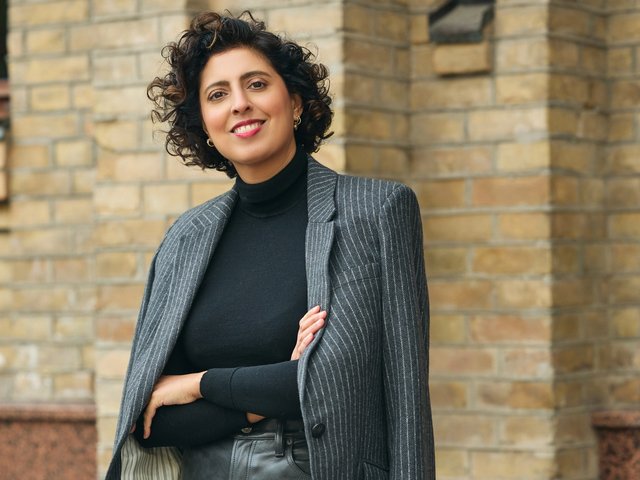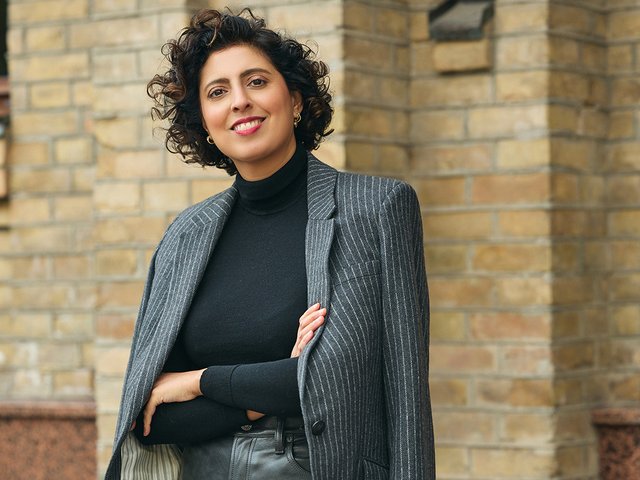Paris-based architect Lina Ghotmeh has been commissioned to transform the former residence of Usmon Khodjaev, an Uzbek educator, journalist and politician, into the Jadids’ Legacy Museum, dedicated to the ideas and enduring influence of Jadidism.
Khodjaev, born in 1878, was a leading figure in the Jadid reform movement in Uzbekistan, which sought to revive Islam in the Russian empire through education. He became the first president of the short-lived Bukhara People's Republic. Bukhara, Uzbekistan’s seventh largest city, is where his residence is located and the new museum will open in 2027.
Ghotmeh says she admires the Jadid movement’s centering of women within social transformation. She told The Art Newspaper: "Working on this museum is an honour, as it aligns with my fascination for history and heritage and my constant search for meaningful inspiration to shape the architecture of tomorrow.
“This project allowed me to explore the Jadid movement, whose courage to reimagine education and society—placing women at the heart of social transformation—I deeply admire. Their vision carries an important lesson for our own time.”
Ghotmeh’s prior work includes London’s Serpentine Pavilion (2023) and Beirut’s Stone Garden housing tower (2020), as well as the forthcoming renovation of the British Museum’s Western Range galleries. This will be her first project in Central Asia.
She calls her approach the “archaeology of the future”, weaving historical memory into contemporary design. She adds: “My ambition is to create an architecture that elevates history into contemporary life, generating a space that invites reflection, fosters learning, and bridges the values of the past with the possibilities of the future.”
Perched beside Lyabi-Hauz, Bukhara’s 17th-century square and communal hub, Khodjaev’s house has witnessed the city’s political and cultural transformations. After studying in Istanbul and founding a scholarship fund for emerging Jadid schools, Khodjaev led the Institute for the Study of Turkic Culture in Ankara. His son, professor Temur Khodja, has formally pledged the family property to Uzbekistan’s Ministry of Culture to guarantee its preservation as a museum.
The museum joins a growing network of cultural projects across Uzbekistan, including the construction of the Tadao Ando-designed National Museum of Uzbekistan and the revitalisation of the Centre for Contemporary Arts in the capital, Tashkent.






